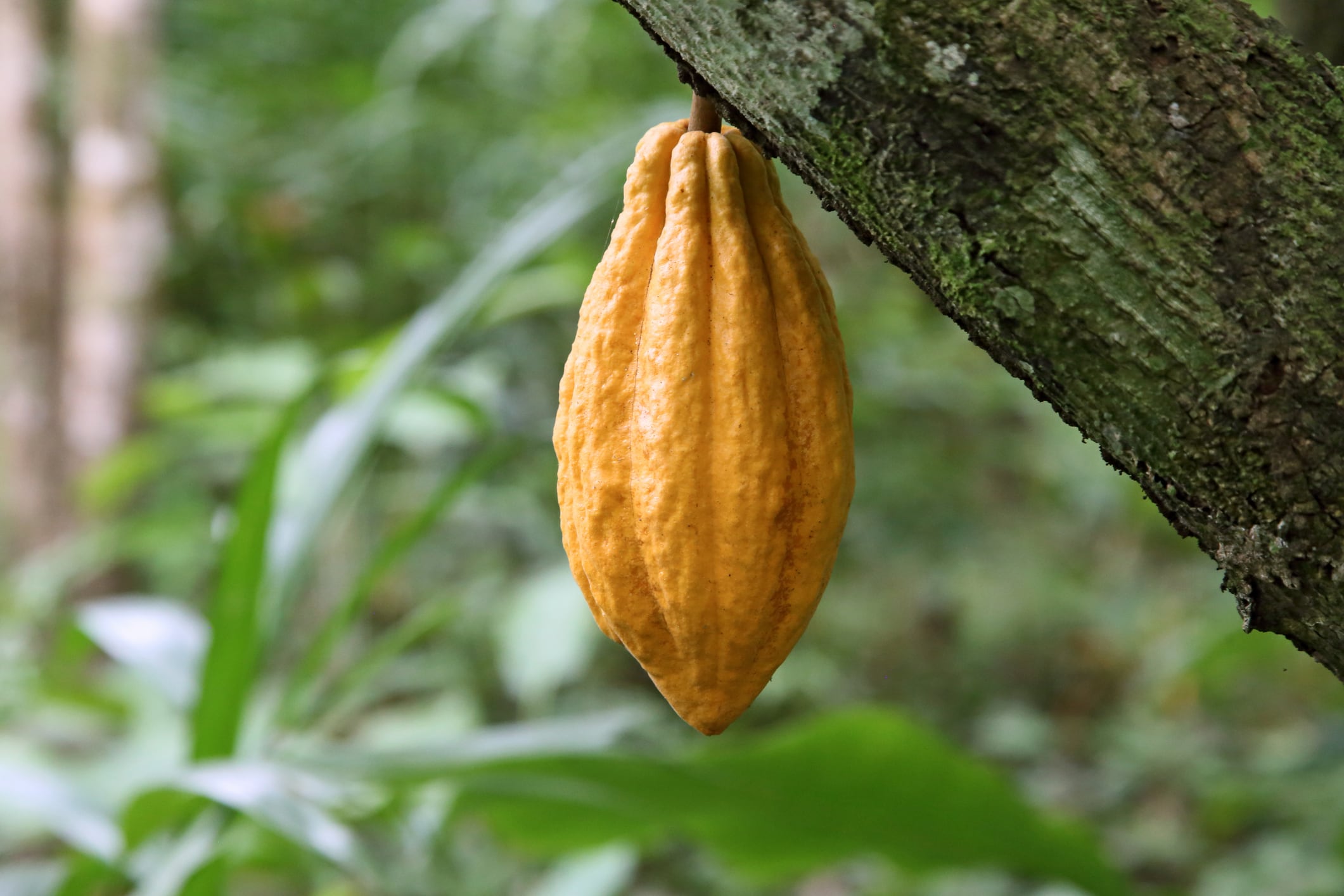The cocoa sector has seen more uncertainty in recent weeks, led by political and economic instability. Elevated volatility has prompted further fears for the industry’s resilience in the current 2024/2025 season and beyond. Regulatory delay and simplification, freezing global development funding, and soaring cocoa prices put further strain on the global cocoa sector, which is already struggling with complex and numerous obstacles.
Non-profit organisation World Cocoa Foundation (WCF) calls the challenges that cocoa leaders face today, unprecedented. With the well-documented cocoa crisis entering its third season, confectioners’ eyes and ears are on how these multifaceted problems will evolve in 2025 and affect production volumes, prices and sales.
“Unprecedented challenges require unprecedented collaboration,” says Chris Vincent, President of the WCF. On March 19-20, 2025, global cocoa leaders will meet to discuss collaborative efforts and plans, pursue innovation and drive long-term supply chain resilience. Describing it as “a defining moment for the cocoa industry”, WCF states that sector leaders will explore how sustainable practices can create long-term economic advantages, including higher-quality cocoa yields, sustained sector growth and improved brand reputation.
Could complex concerns cripple cocoa?
“Cocoa sector leaders are currently grappling with an unprecedented convergence of challenges, exacerbated in recent weeks as a result of wider geopolitical turbulence and economic shifts,” confirms Vincent.

Climate change has disrupted growing conditions and yields over the past few years, causing a supply deficit. “As a result of this deficit, the cocoa price spikes we’ve seen over the past year are starting to impact the consumer,” says Vincent. At the same time, companies are shifting their focus to compliance as regulations like the incoming European Union’s Deforestation Regulation (EUDR) require cocoa to be deforestation-free.
Far from solely impacting consumers’ access to confectionery and company profits, the cocoa crisis threatens the livelihoods of millions of smallholder farmers who produce most of the world’s cocoa. “Safeguarding the sustainability of the cocoa supply chain and its long-term health demands more agile and coordinated responses,” adds Vincent.
Shoppers are feeling the pinch at the tills too, though, with 2025 thought to be the first season where this is highly prominent. “Compared to the last season, these pressures have only intensified going into 2025, as dramatic policy shifts and funding freezes further complicate production realities for smallholder farmers,” says Vincent.
Manufacturers’ responses must favour robust, resilient production
Cocoa’s challenges are interconnected, further complicating the sectors’ task in overcoming them. Tree disease, climate change, decreasing productivity, low farmer incomes, geopolitical changes and evolving regulatory frameworks all demand cocoa leaders’ attention and robust response.
Confectionery producers are responding to the ‘new’ cocoa reality and shifting their focus in 2025 to accurately reflect the current environment. “Manufacturers have been quick to respond to emerging challenges by ramping up their traceability and sustainability initiatives,” says Vincent.
Integrating new digital tools for supply chain transparency and aligning operations with emerging regulations, such as the EUDR are among these efforts. “Although these measures have provided some relief, they must evolve further in 2025 to meet the growing complexities of a volatile market and stricter regulatory landscapes,” Vincent urges. That means a coordinated, sector-wide approach to drive meaningful change. While the EUDR’s introduction fosters compliance, it’s also about cultivating a resilient industry that sustainably supports product innovation and farmer prosperity.
At the meeting, the non-profit strives to share best practices on critical issues such as disease prevention, mechanisation and navigating climate change and evolving geopolitical challenges. It states these are necessary to reduce operational costs, enhance productivity and increase farmer profitability. “A more adaptive sector will be better equipped to withstand shocks and secure a sustainable future,” Vincent relays.
A more adaptive sector will be better equipped to withstand shocks and secure a sustainable future
Chris Vincent, President, WCF
With heightened consumer demand for responsibly sourced chocolate, integrating sustainable practices into product development becomes a critical competitive differentiator. “But integrating sustainability into product innovation is not just about meeting rising consumer expectations: it is a strategic response to the profound challenges facing the cocoa industry,” he says.
Calling for collaboration across cocoa
WCF aims to put collaboration, idea exchange and problem-solving at the centre of its upcoming partnership meeting in March 2025. “By strengthening partnerships between manufacturers, governments and cocoa-producing communities, we can drive meaningful transformation,” highlights Vincent.
The upcoming meeting focuses on forging resilience through sustainability and seeks to spur a way forward for cocoa leaders and their leadership strategies. “‘Resilience through sustainability’” goes beyond a theme – it is a strategic imperative that defines our approach to overcoming the sector’s challenges,” he adds.
“For cocoa leaders, this means integrating robust environmental, social and economic strategies that ensure long-term stability and prosperity for smallholder farmers and the industry at large,” Vincent states.
Global cocoa leaders attending the event include the Initiative Cacao Côte d’Ivoire-Ghana, Brazilian Agribusiness Association, Legal Amazon Consortium of States, Rainforest Alliance, International Labour Organisation, Coffee Cocoa Council of Côte d’Ivoire, Brazilian Association of Cocoa Processing Industries and Belterra Agroforestry. Also coming together to explore collaboration are those spearheading research, investment and cocoa decision-making, like the State University of Santa Cruz, Nightingale Investment-Armajaro and the Consul General of the Netherlands in São Paulo.
“A renewed focus on resilience will reshape the future trajectory of the cocoa industry,” says Vincent. Building resilient supply chains through sustainable approaches will set the stage for product development and the future of the cocoa industry. “As the sector adapts to heightened regulatory standards and supply constraints, companies are innovating new products that highlight ethical sourcing, transparency and climate resilience,” he says.

